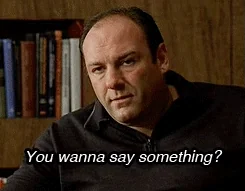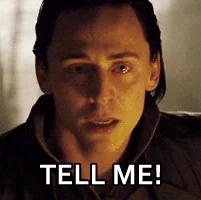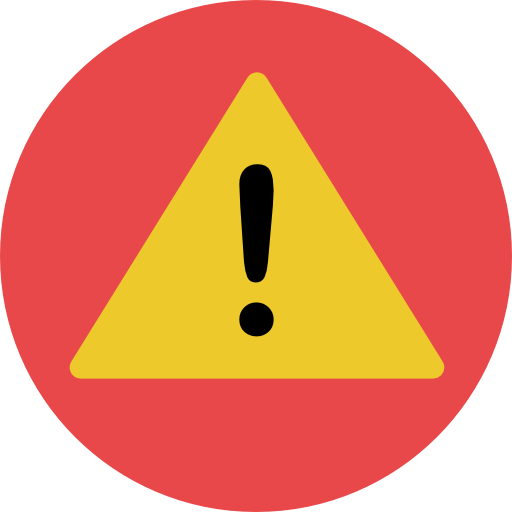Are you confused about the difference between "tell" vs. "say"?
Their meanings are very close — but it sounds very strange if you use one when you should use the other!
You say something but you tell someone something.

It's right to say "You wanna say something?" but incorrect to say "You wanna tell something?"
Tell vs. Say: Tell or Say Something?
After the word "say", we put the thing someone says: someone else's words or ideas. We can't putwords or ideas after "tell". (Note that "said" and "told" are the simple past of "say" and "tell").

These examples are correct:
He said this restaurant is good.
He said to study hard.
He said, "Nice to meet you."

These examples are incorrect:
He told this restaurant is good.
He told to study hard.
He told "Nice to meet you."
So, put the words or ideas someone else said right after "say."

Exceptions
If you're talking about a lot of information that you can summarize in a few words, you can use "tell".
Common examples:
tell a story
tell a lie
tell the truth
tell a secret

Quiz
Which one of these sentences is correct?
Tell vs. Say: Tell Somebody or Say to Somebody?
After the word "tell," we put the person who receives the information. With "say" we can't do that. We need a direct object (the thing that someone says) after "say".
Below, all the examples on the left are correct, and the ones on the rightare incorrect.

These examples are correct:
She told me she knew how to drive.
Tell him the meeting is starting soon.
We told him to meet us at five o'clock.

These examples are incorrect:
She said me she knew how to drive.
Say him the meeting is starting soon.
We said him to meet us at five o'clock.

Exception
If you add "to" after "say", you can put a person right after:
She said to me she knows how to drive.
However, we usually use "tell" instead of "say to" when giving instructions, unless we're talking about the exact words someone said.

These examples are correct:
Say to him, "Clean your bedroom." (exact words)
Tell him to clean his bedroom. (instruction but not the exact words)

These examples are incorrect:
Tell him, "Clean your bedroom." (exact words).
Say to him to clean his bedroom (instruction but not the exact words)
Quiz
Which sentence is correct?
Tell vs. Say: Direct and Reported Speech
It's more common to use "say" if we're using the exact words that someone else used. This is called direct speech.
It's more common to use "tell" if we're describing the general idea. This is called reported speech.
The exception: when you're using "tell" to communicate instructions.

These examples are more common:
He said, "My name is Brian." (direct speech)
He said his name is Brian. (reported speech)
He told me to call him Brian. (reported speech instruction)
He told me, "Call me Brian." (direct speech instruction)

These examples aren't wrong but they sound strange:
He told me, "Nice to meet you." (not instructions)
He told me, "Hello everyone." (not instructions)
He said to me to call him Brian. (Instructions, so "tell" would be better).
Quiz
Which sentences sound best?
Take Action
Now that you know how to use "say" vs. "tell,"try to get some practice using them!
 Photo by Kenan Buhic on Unsplash
Photo by Kenan Buhic on UnsplashYour feedback matters to us.
This Byte helped me better understand the topic.
